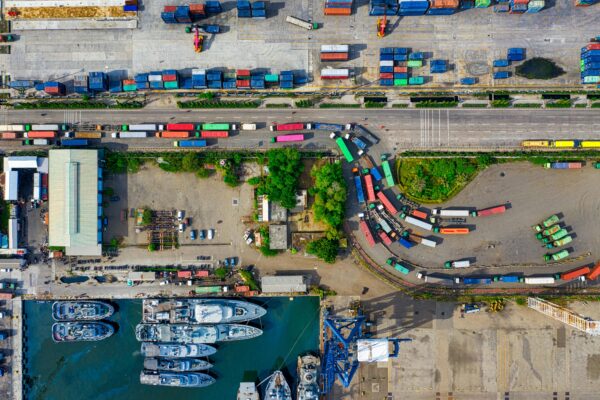In tourism, translation isn’t just a matter of turning words from one language into another. Instead, it acts as a bridge from one culture to another. In Catalonia, a Catalan translator who understands the tourism sector is essential for maintaining consistency, authenticity and effective communication in promotional texts, menus and websites.
Specialized training makes a difference
Research such as that carried out by Durán Muñoz warns that many translators lack specific linguistic, syntactic and functional tourism knowledge, leading to deficient translations that are disconnected from the actual needs of those who are travelling.
Tourism discourse requires a translator profile that combines:
- Technical language skills, i.e. mastery of the specialized vocabulary, clear syntactical structures and standard terminology from the sector.
- Extensive cultural awareness: local history, customs, geographical context, local ingredients and social particularities.
Barriers and techniques in tourism translation
Experts warn of the danger of relying on automatic translations, which often lead to mistakes and loss of credibility. The European Commission highlights the complexity of tourism discourse due to its multi-disciplinarity: geography, economy, history… all combined in a message that is accessible for non-specialized audiences.
Tourism translation must:
- Capture emotional and branding nuances: with techniques such as exotization or appealing directly to the reader.
- Maintain functional terminology: opening times, instructions, standards and measurements with clarity and precision.
- Fulfil marketing and positioning (SEO) goals so that the content reaches the target audience.
Requirements of a specialized translator
A good English-Catalan translator or Catalan-French translator brings:
- Specific training, with an understanding of advertising language and the international traveler profile.
- Certification or actual experience in tourism texts (brochures, guide books, apps and menus).
- Use of advanced tools: translation memories, glossaries and an integrated CMS.
- Work with native speakers: this ensures an understanding of dialects, regional expressions and cultural peculiarities.
Benefits of specialization
Professional translation for tourism is more than appearance: it strengthens tourist confidence, improves the perception of quality and can increase revenue by up to 25% according to studies in the sector. It also prevents misunderstandings: an mistake such as “family-owned” instead of “family-oriented” can distort a hotel’s image.
In short, a high-quality tourism translation service involves:
- Quality production with a Spanish-Catalan translator, English-Catalan translator, Catalan-French translator or French-Catalan translator, for example.
- Balance between persuasion, accuracy and respect for the culture.
- Work with trained, experienced professionals who have the tools needed for this sector.
At Blarlo, we have a team of native translators who are specialized in tourism, able to adapt your content to Catalan-speaking, English-speaking or French-speaking audiences, for example. If you want to strengthen your presence with technical, emotional and cultural know-how, contact us and find out how our tourism translation services can help you to create memorable experiences.






